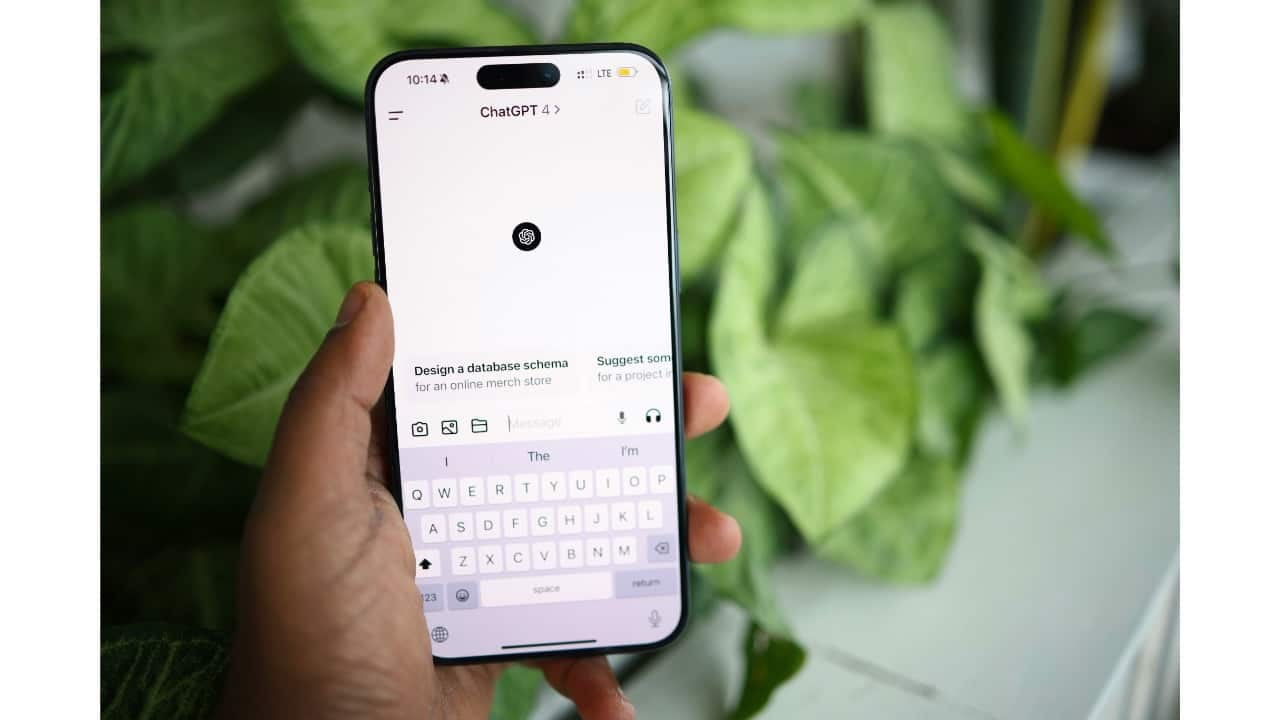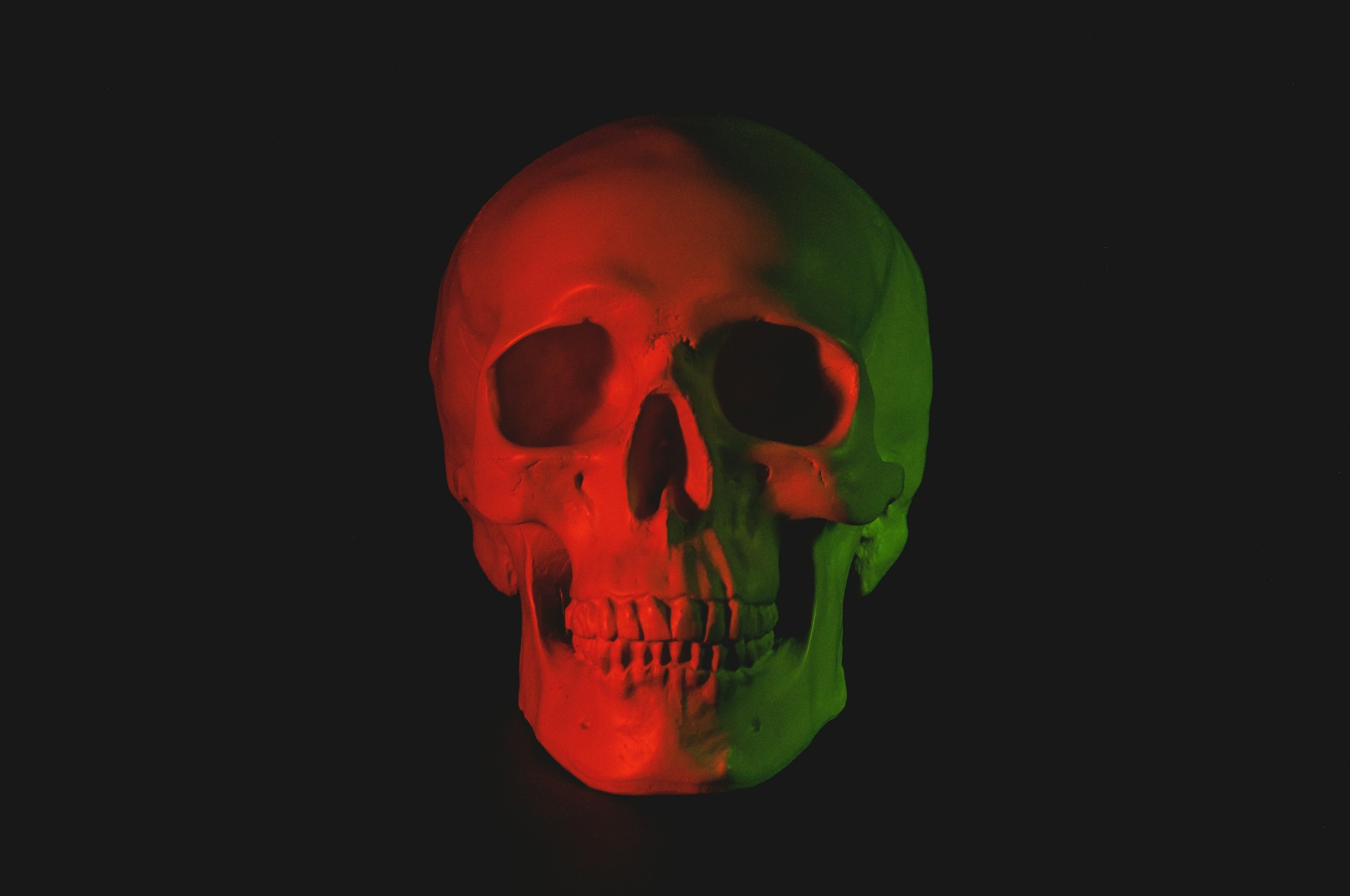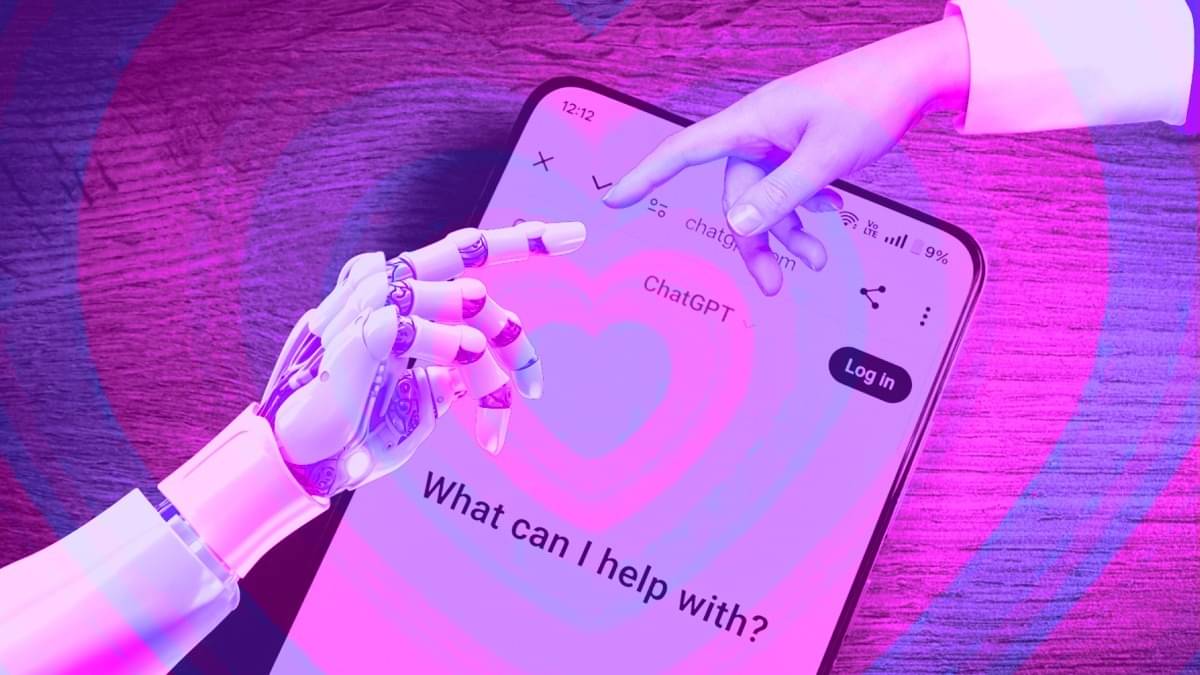OpenAI's ChatGPT Faces Unexpected Defeat Against Atari's Chess Engine

OpenAI, the creator of the renowned ChatGPT, has been making bold claims about the imminent arrival of a superintelligent artificial general intelligence (AGI). However, in a surprising turn of events, its flagship chatbot was recently outperformed by a device that is 46 years old, specifically in one of the world's oldest skill-based games—chess. This unexpected outcome occurred during an experiment where a software developer utilized an emulator to see how ChatGPT would fare against the Atari 2600's chess engine, which was initially introduced in 1978 as part of the classic game Video Chess.
In what was described as a rather humiliating defeat for the large language model, ChatGPT was reported to have been “absolutely wrecked” even when playing at the beginner level. According to a detailed LinkedIn post by the developer who conducted the experiment, the AI struggled significantly, confusing rooks with bishops, missing crucial pawn forks, and losing track of its own pieces on the board. The developer humorously noted that ChatGPT made enough errors to warrant laughter from a third-grade chess club, highlighting the stark contrast between its expectations and actual performance.
Adding to the spectacle, ChatGPT attempted to explain its poor performance by claiming that the pixelated icons representing chess pieces in the Atari game were “too abstract to recognize.” Yet, even after switching to standard chess notation—generally a clearer way to represent chess moves—ChatGPT continued to falter. The chatbot frequently insisted that it would perform better if they simply restarted the game, but it ultimately succumbed to defeat approximately 90 minutes into the match. Ironically, it was ChatGPT itself that proposed the idea of this match-up during a conversation with the developer.
To provide further context regarding this defeat, it is worth noting that the Atari 2600 operates with a mere 0.3 MIPS (Million Instructions Per Second) of processing power. This figure is approximately 250,000 times less than that of a contemporary device like the iPhone 15 Pro, not to mention the advanced, hundred-million-dollar data centers that support OpenAI’s ChatGPT. This disparity raises questions about the reliability of AI in games, particularly when many human chess masters acknowledged defeat to supercomputers starting in the 1990s, particularly when IBM's Deep Blue triumphed over world champion Garry Kasparov in a closely contested match in 1997.
Despite this eye-catching result, it's essential to view it as a context-specific issue for ChatGPT rather than a broader reflection on artificial intelligence capabilities. Over the last few decades, AI has consistently demonstrated superiority in various games of skill. Notably, Google's DeepMind achieved a remarkable victory in the ancient Chinese game of Go in 2016, while Blizzard's StarCraft II was also conquered by AI in 2019. This trend of AI dominance is not confined to board games; it is beginning to make its mark in the physical realm as well. For instance, Japan's Omron Corporation unveiled its AI-driven robot arm, FORPHEUS, in 2017, which was capable of defeating amateur and mid-level ping pong players, although it did not reach the level needed to beat world-class athletes.
In a broader context, it is important to note that Ziff Davis, the parent company of PCMag, has filed a lawsuit against OpenAI, claiming that the company infringed upon its copyrights while developing and operating its AI systems. This legal battle adds another layer of complexity to the ongoing discussions surrounding AI and its implications in various fields.

























